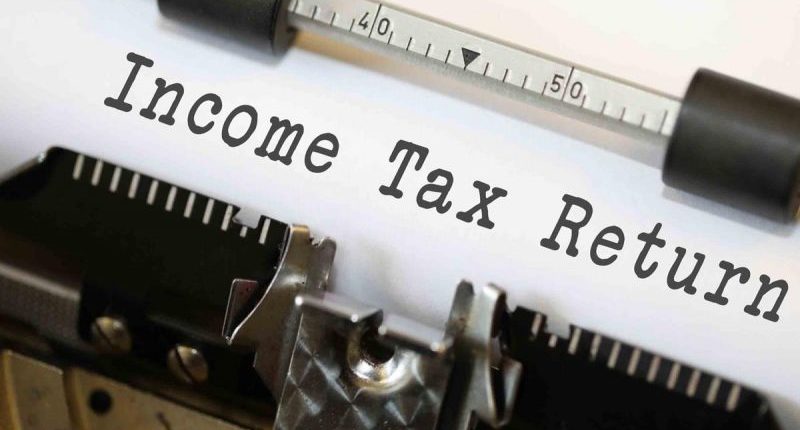The income tax return or ITR filing due date is fast approaching. All taxpayers (except audit and corporate taxpayers) are required to file their ITR by 31 December 2020. We will take you through some key points for reporting your income and claiming deductions for AY 2020-21:
1. Salary from two or more employers
In a case where you have changed jobs during the year, you may be uncertain about your aggregate taxable salary and deductions. As a first step, you should obtain Form 16 from both the employers. From the total salary, you can claim exemptions allowed by both the employers. From the net salary, you are entitled to a standard deduction of Rs 50,000 and claim the professional tax paid by both the employers.
2. House rent allowance
You are entitled to claim a tax exemption for house rent allowance (HRA) given by your employer. The exemption can be claimed based on the rent paid by you towards your accommodation. In a case where your employer has not given you an exemption towards HRA, you can claim the exemption while filing your ITR (income tax return).
3. Capital gains
In a case where you may have invested in stocks, shares or mutual funds, you need to report any gains or losses on sale or redemption of the investments. The long-term gains (above 12 months) on equity shares or equity-oriented mutual funds are taxable at 10%. However, you need not pay such capital gains tax if the aggregate annual gains are up to Rs 1 lakh. But you are required to report the gains as well as losses while filing your ITR.
Similarly, you need to report capital gains and losses on the sale of any other assets or investments.
4. Rental income
In a case where you receive rental income from a house property owned by you, you should report the income while filing your ITR. You can claim the municipal taxes paid for the property. You can also claim the interest paid on a housing loan availed for the property.
5. Interest income
You would have earned interest on your savings bank account, fixed deposits, or any other income from your investments. You have to report the interest as well as any other income while filing your ITR.
Also Read: Income tax department launches ‘e-Filing lite’ for taxpayers
6. Investment proofs not submitted to the employer
In general, you submit investment proofs and housing loan repayment proof to your employer. Your employer calculates your tax deductions and calculates your TDS (tax deduction at source). However, in a case where you miss submitting proofs to your employer, you can still claim while filing your ITR.
7. Claim TDS credit
Your income from salary and interest would suffer a TDS. You can claim a credit for the TDS at the time of filing your ITR. You can claim the aggregate TDS from your Form 16 and TDS certificates. It is relevant to verify your TDS claims with your Form 26AS to ensure the income tax department does not reject your claims.
8. Personal details
You should fill in your updated personal details, including address. You should also ensure your PAN and Aadhaar, and your PAN and bank account are linked in your income tax e-filing profile.
9. Pay taxes
The last steps involve are the calculation and payment of taxes if any. You may have a tax payable in case of other income or rental income or capital gains. You should pay your taxes before filing your ITR.
I am a Chartered Accountant by profession. I specialise in personal taxes and corporate income tax matters. I am an avid reader and track developments in financial markets, economy and other market developments.





